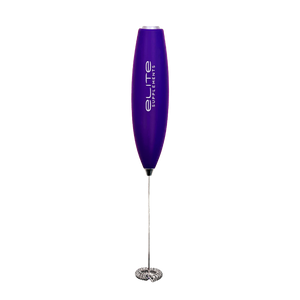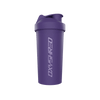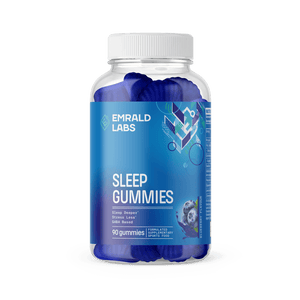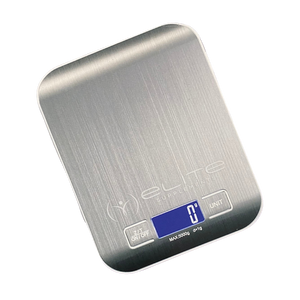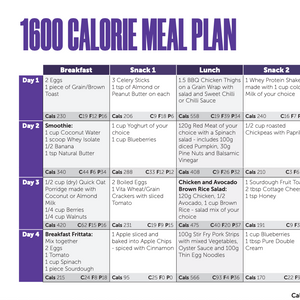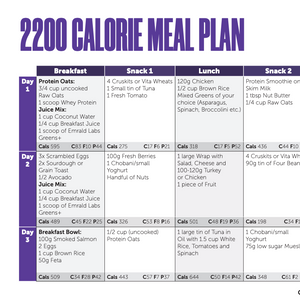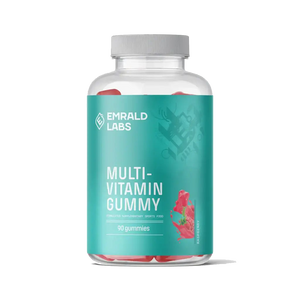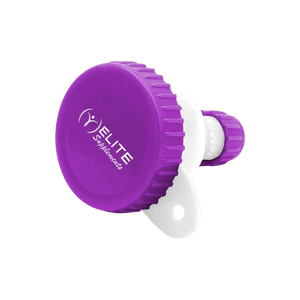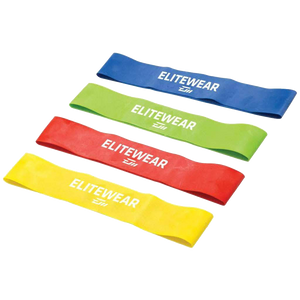CONTROLLING HUNGER WHILE DIETING
Hunger is, unfortunately, an inevitable part of any dieting phase. As calories are reduced further and more activity is required, hunger can become an issue. There are, however, a few tricks to implement to help you stay fuller for longer and keep on track:
STAY HYDRATED
Hunger is often mistaken for thirst. By drinking enough water for your body, you can reduce hunger pains and go longer between meals, not to mention the health gains and increased training performance per day. Aim for 1 litre per 23kg of body weight or enough to ensure your urine is lightly coloured.
EAT LESS FREQUENTLY
There is a lot of information out there telling us to eat smaller, more frequent meals throughout the day. However, many people don’t know that every time you eat, your body secretes the hunger hormone, ghrelin. Therefore, by eating fewer meals throughout the day you will produce less hormone and your meals will become larger as a result, to help satisfy you.
EAT HIGH VOLUME LOW CALORIE FOODS
Yes, that doughnut might satisfy you momentarily, but it is likely you are going to be hungry again in 5 minutes! Think about eating foods that are voluminous and will keep you feeling full for longer. Vegetables and salads are perfect options because they are so low in calories and you can easily add a source of protein to them. Another few options are adding xanthan gum to smoothies or snacking on frozen fruit.
INCREASE FIBRE
Fibrous foods are often bulky and quite filling as a result. Soluble fibre forms a gel that slows down the emptying of the stomach and the transit time of food through the digestive system, extending the time a person feels satisfied or ‘full’. It also delays the absorption of sugars from the intestines which helps to maintain lower blood sugar levels. Good sources of soluble fibre include fruits, vegetables, oatmeal, barley, seed husks, flaxseed, psyllium, dried beans, lentils, peas, soy milk and soy products. Aim for a minimum of 10-15g per 1000 calories.
DECREASE CARBS AT BREAKFAST
Many people make the mistake of eating the majority of their carbs at breakfast, leaving them with a minimal amount for later in the day and causing increased hunger. By budgeting your carbs and macros appropriately, you can ensure you will have enough food for the times you find yourself hungry the most. Essentially, how you choose to consume your macros is entirely based on personal preference and your lifestyle.
FAST FOR PART OF THE DAY
By reducing the time window of eating for the day you can fit more calories into a smaller time period which can help you feel more satisfied. The easiest way to do this is to delay your first meal as long as possible.
Remember, dieting is all about calories IN vs calories OUT. Plan ahead, choose appropriate food sources and fit your diet to YOUR lifestyle.
















